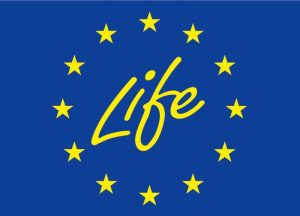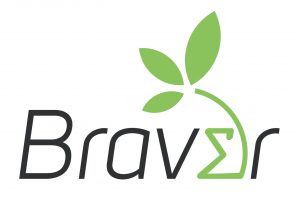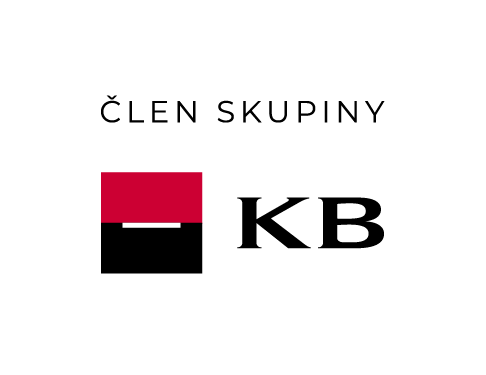02/26/2017

ENVIROS participates in the BRAVER project - Enviros
In the end of 2016, ENVIROS started working on the BRAVER project (Boosting Regulatory Advantages Vis à vis EMAS Registration) that aims to support the full integration of EMAS system into the EU environmental legislation, by reducing and simplifying the administrative costs and burdens for EMAS-registered companies. The methodology at the core of the Project foresees the evaluation of the existing legislation, the design of new regulatory relief proposals and their feasibility assessment for organisations and institutions through regional and national testing activities.
Background
EMAS (Eco-Management and Audit Scheme) is an EU-level management tool designed to help registered organisations enhance their environmental performance and credibility. The EMAS scheme operates through incentives that reward organisations that make commitments to sustainability. The European Commission has initiated a process to improve and simplify existing environmental legislation. One aim is to encourage more organisations to join voluntary environmental certification schemes such as EMAS. This aim would be furthered by reducing the administrative costs and burdens for EMAS-registered organisations. This would then enable a more efficient implementation of environmental legislation.
Project objectives
The main objective of the BRAVER project is to support the full integration of EMAS into EU environmental legislation, by reducing and simplifying the administrative costs and burdens of EMAS-registered companies. BRAVER intends to carry forward the activities of the earlier LIFE project BRAVE by encouraging the adoption of measures for regulatory relief to support EMAS adoption in more countries, regions and sectors. In particular, the project aims to test and disseminate a new approach to valorise EMAS, outlining new opportunities to promote the adoption of “soft instruments” amongst companies, including SMEs. This new method is based on evaluating new regulation and regulatory relief proposals, and assessing their feasibility and their cost-effectiveness for organisations and institutions through regional and national testing. The relationship between project actions on EMAS-registered companies will be analysed with regard to the problems targeted and to environmental performance.
Specifically, the project aims to demonstrate that:
- ‘Better regulation’ in environmental policies is possible if voluntary certification schemes are effectively and proactively used in the development of new legislation and in the revision of existing legislation;
- These measures are feasible for all EU Member States and practicable at the EU regulatory level, in terms of improved policy development and ease of policy implementation, to eliminate barriers to the adoption of EMAS and other environmental certification schemes;
- The adoption of an environmental management system can be a strong guarantee that a company is able to comply with environmental legislation;
- Organisations that apply voluntary certification schemes, such as EMAS, deserve administrative regulatory relief and incentives (e.g. permits), as this can lead to a better and more efficient application of environmental policy;
- The implementation of ‘better regulation’ and ‘regulatory relief’ can lead to benefits and advantages to both public and private sector organisations; and
- A ‘virtuous cycle’ can be created, in which companies are strongly incentivized to adopt voluntary schemes.
The main expected result of the BRAVER project is the identification and development of effective measures for better regulation and regulatory relief for EMAS-registered organisations, and their implementation to test their efficiency and related benefits. This will lead to the establishment of tools and training activities to disseminate good practice.
The project will be carried out in Italy, Spain, the Czech Republic, Slovenia and Cyprus until 30th September 2019.
The project is funded from EU LIFE+ Programme.


Back to previous page



